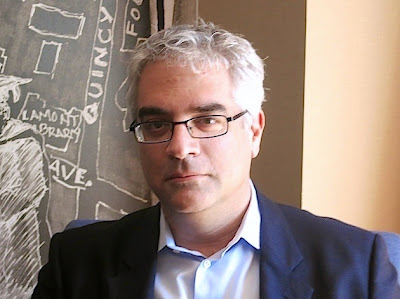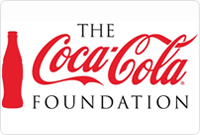Unilever has published a report earlier this
year on the progress it is making towards meeting its Unilever Sustainable
Living Plan targets. The plan (first published in November 2010), broke new ground by
committing to take responsibility for the company’s impacts right across the
value chain, from the sourcing of raw materials all the way through to the
consumer’s use of its products to cook, clean and wash. Unilever’s performance against its
sustainable living plan targets fall into three categories:
1. Areas where the company is making genuinely good progress,
such as: Sustainable sourcing ( 24% of total agricultural raw materials now
being sourced sustainably, versus 14% in 2010 ), Nutrition ( over 90% of Unilever’s leading spreads now
contain less than one-third saturated fat), Renewable energy ( now contributes
20% of Unilever’s total energy use and 100% of electricity purchased in Europe
is now from renewable sources) and Safe drinking water .
2. Areas where the company has to
consider carefully how to reach targets. These include amongst others health and hygiene
3. Areas where the global giant is finding it difficult to make progress and will
need to work with others to find solutions. This applies particularly to
targets that require consumer behaviour change, such as reducing the use of
heated water in showering and washing clothes, or encouraging people to eat
foods with lower salt levels.
“In a world where temperatures are
rising, energy is costing more, sanitation is worsening and food supply is less
secure, companies can no longer sit on the sidelines waiting for governments to
take action. We have to see ourselves as part of the solution to these
problems. In Unilever, we believe that our future success depends upon being
able to decouple our growth from our environmental footprint, while at the same
time increasing our positive social impacts”, says Unilever CEO, Paul Polman. For more information and the full
progress report for 2012, visit www.unilever.com/sustainable-living .



